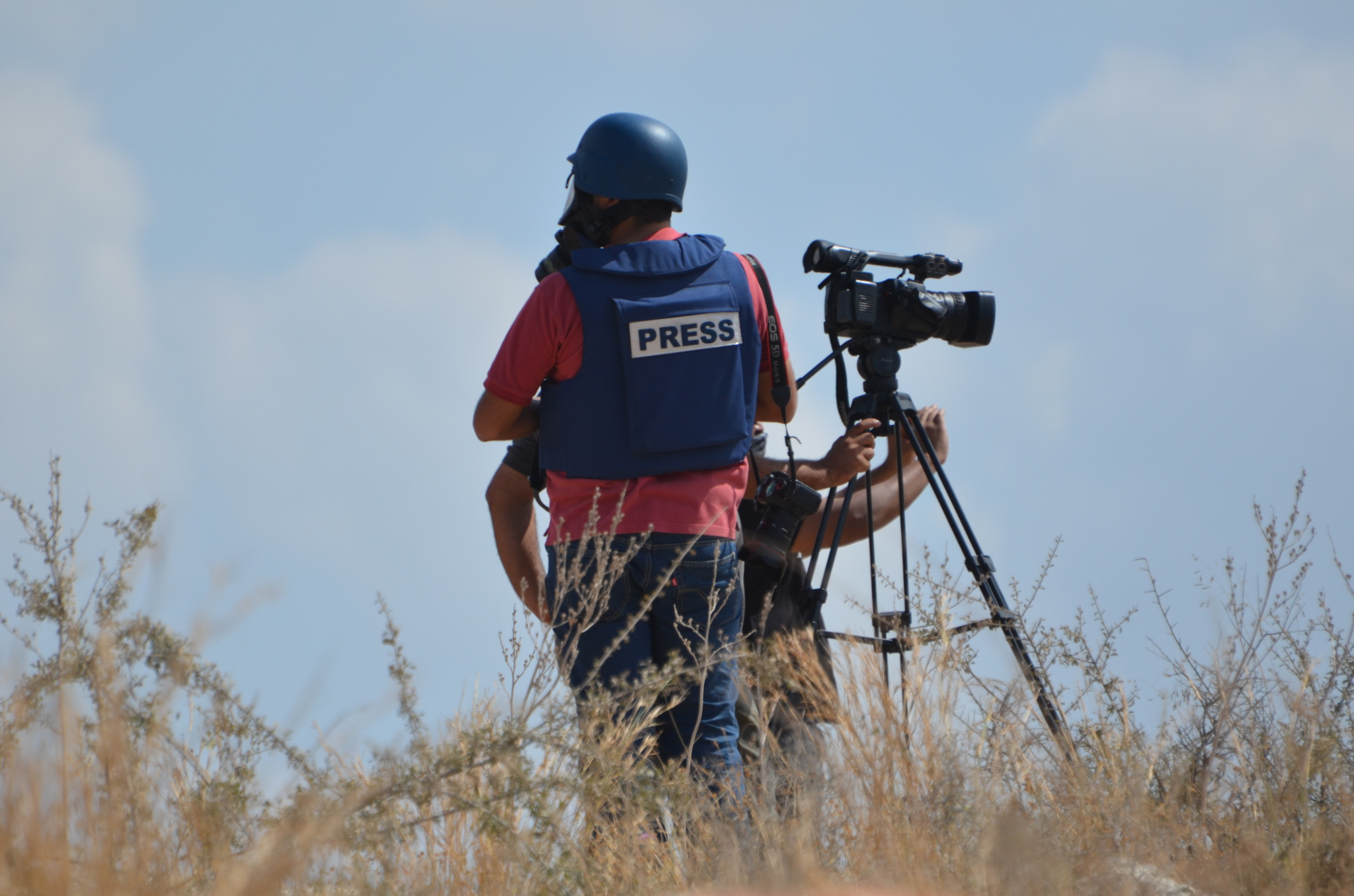Global Press Freedom Hits a Historic Low
For the first time, Reporters Without Borders (RSF) has classified the state of press freedom globally as in a “difficult situation.”
The 2025 Index, released ahead of World Press Freedom Day (3 May 2025), noted that following several years of decline, the conditions for journalism are now rated “poor” in half the world’s countries and the average score of all assessed countries has fallen to 55, a new low point.
More than 100 journalists were killed last year, and as many as 365 were imprisoned, according to the New New York-based media watchdog, Committee to Protect Journalists (CPJ). But those are not the only reasons RSF is sounding the alarm.
While violent attacks on journalists often make headlines, less visible but equally devastating economic pressures are gradually silencing the press.
Economic Pressure Undermines the Fight Against Propaganda
RSF in its latest reports says physical attacks against journalists are the most visible violations of press freedom, however, economic pressure is also now a more serious problem.
When journalists are impoverished, they no longer have the means to resist the enemies of the press — those who champion disinformation and propaganda, says Anne Bocandé, editorial director at RSF.
RSF’s Clear Recommendations
“The media economy must urgently be restored to a state that is conducive to journalism and ensures the production of reliable information, which is inherently costly.” — RSF Editorial Director Anne Bocondé.
PEN Norway Monitors the Global Crackdown
As tech giants drain advertising revenues, vast media deserts are expanding across the globe, even in countries like the United States, which has now fallen behind Sierra Leone in the latest rankings.
In Turkey, one of PEN Norway’s focus countries where we have been active for 30 years, media pluralism is under siege. Ranked 159th on the World Press Freedom Index, Turkey continues to see authoritarianism gain ground, with all possible means being used to suppress critical voices. The tools of repression range from legal harassment to outright imprisonment.
PEN Norway has lately been talking to journalists from some of the world’s toughest regimes. Michel Biem Tong is one of them.
Tong from Cameroon fled to Norway after constant harassment.
When a journalist decides to do his job properly, the first to silence him are not the authorities, but even his own neighbors and colleagues, he told PEN Norway.
In Yemen, journalist Hayat Al Sharif exposed the brutal impact of war on women.
Nobody cares about Yemen. The world is silent while the Yemenis suffer, she said, now living in exile in Norway like so many others forced to choose between safety and truth.
In Eritrea, ranked last in the RSF Index, radio journalist Nasser Ahmedin Mohammed reminds us that there are no independent media outlets left… none.
And from Taliban-controlled Afghanistan, journalist Khalid Qaderi, now in exile, told PEN Norway:
There is hardly a worse place for journalists than Taliban-controlled Afghanistan.
Arrested in 2022 for his critical reporting, Qaderi’s case reminds us of the deadly risks faced by journalists under authoritarian regimes.
Journalism Is Not A Crime, Silence is
PEN Norway calls on all governments to uphold the fundamental right to freedom of expression, to protect journalists under threat, and to end the economic suffocation of independent media.
Journalism is not a crime. Silence is.





